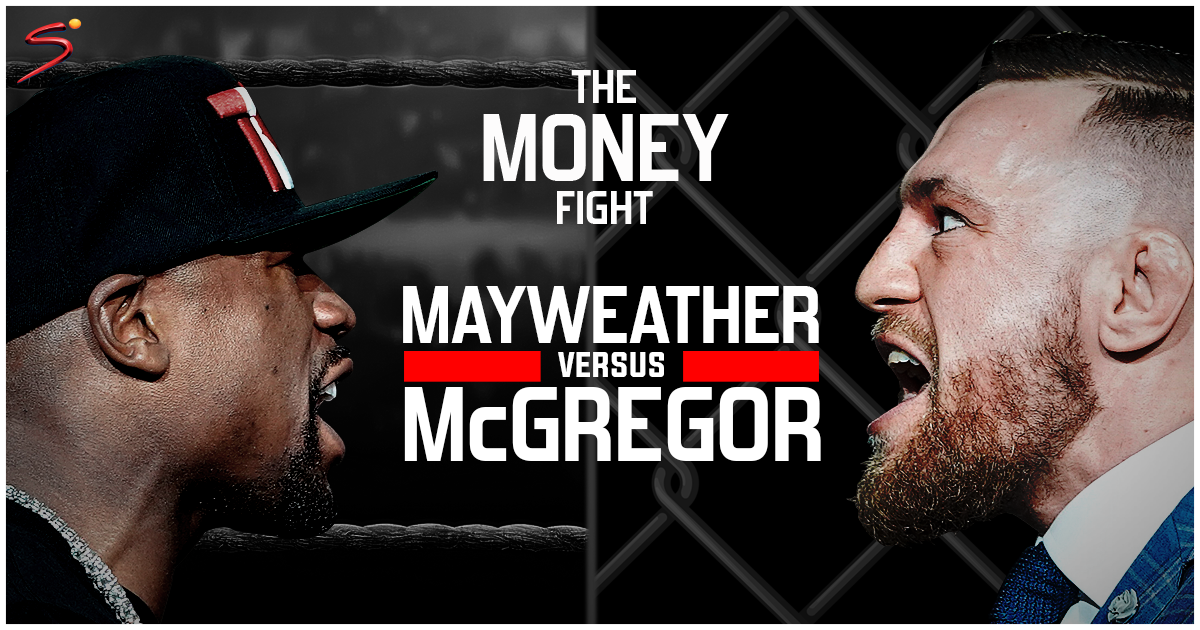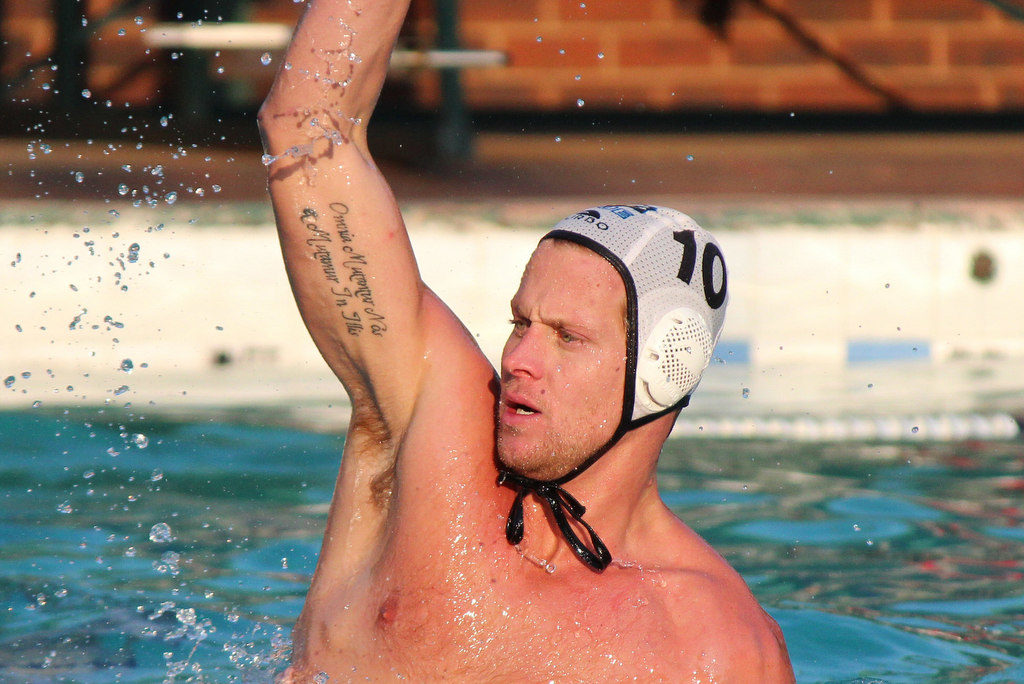It’s not sport, but it should be.
There’s wild competition, jockeying for positions and insane money. There’s fan interest, breaking news and keeping of scores.
It’s the arms race to end all arms races. Welcome to the peculiar world of soccer’s transfer window.
It’s an extraordinary feature of international soccer that reflects nothing of the world the rest of us inhabit. The transfer window is as detached from real life as it’s possible to be, except that it is real and it affects a vast number of lives, not least millions of supporters who treat transfer news like oxygen.
The horse-trading endures for 12 weeks and the rumour mill goes into overdrive as agents, players, owners, coaches and media embark on a feeding frenzy.
Two factors drive the phenomenon: money and vanity. In England alone, the money spent up to this week was approaching R15-billion. With a month still to go, it will get higher still.
These are hyper-inflationary times in English soccer as agents now routinely add 30 to 40 percent more for every deal in England.
If you want a definition of the madness, consider the case of Manchester City, who paid Tottenham Hotspur R850-million for Kyle Walker, making him the most expensive soccer player in English history, and the most expensive defender in the world.
“Imagine how much he would cost if he could cross the ball,” tweeted Gary Lineker snarkily. It said all you needed to know about the absurdity of the market, the same market that saw Liverpool sign teenage striker Dominic Solanke from Chelsea for around R51-million, one of the best deals of the summer.
OOne effect of this great democracy . . . is that big clubs can no longer bully smaller clubs into selling
The English Premier League is awash with cash, most of it acquired from television, which pays enormous sums for the broadcast rights. One effect of this great democracy – all clubs receive an equal share of the TV money – is that big clubs can no longer bully smaller clubs into selling. Smaller clubs can turn around and say “we don’t need your money” and actually mean it. This reality also pushes prices up.
Liverpool aren’t small, but their financial wellbeing allowed them to reject a R1,2-billion bid by Barcelona for Philippe Coutinho.
Inevitably, even figures like Jose Mourinho are cautioning against the spend which has seen Manchester City alone splash out R3,4-billion on players. In the past three years, they’ve spent R5,1-billion on keepers and defenders alone.
Oblivious to the irony, Mourinho himself coughed up a staggering R1,29-billion for Romelu Lukaku, the biggest cheque yet written in the UK during this window.
Elsewhere, Chelsea were chasing Gonzalo Higuain for R1,5-billion. And so it goes.
It’s difficult not to wonder whether this might all end in tears, as some have warned. The Premiership is gorging itself on all these deals, but is the habit sustainable? How big can the bubble get before it bursts?
Ultimately, the fans may be the ones who decide. Up until now, they’ve shown little fatigue for the mind-numbing back and forth that rages. Yet despite this seemingly insatiable appetite, numbers are down for Premiership soccer on UK television.
In a world of supply and demand, it may be difficult to expect television to continue to stump up enormous fees when the trajectory appears to be headed in the wrong direction.
For all the excitement, the transfer window is a fiendish business that breeds panic and gets desperate near the end. Look at the case of little old Burnley, who offloaded 14 players, Joey Barton among them.
No-one has been more unsentimental than Chelsea, who have sent 21 players on their way in recent weeks. Job security ain’t one of the guarantees when you play in the English top flight.
Of course, this great game played between the clubs isn’t limited to England. It’s played all across Europe where the frenzy is just as pronounced and the money often more outlandish. Cue Paul Pogba and the stratospheric deal between Juventus and Manchester United for a world record fee last year. Neymar could well be next, threatening that very record.
Indeed, movement in and around the current transfer window continues to rumble on, a pursuit like no other; mad and extravagant and utterly compelling. – © Sunday Tribune







